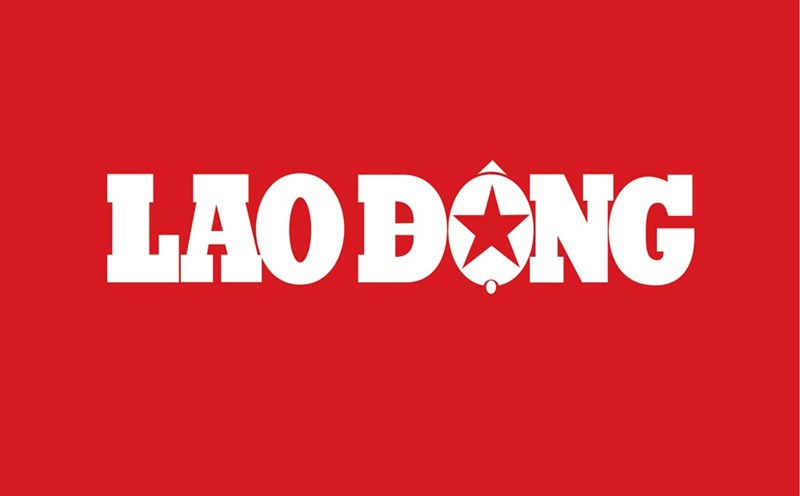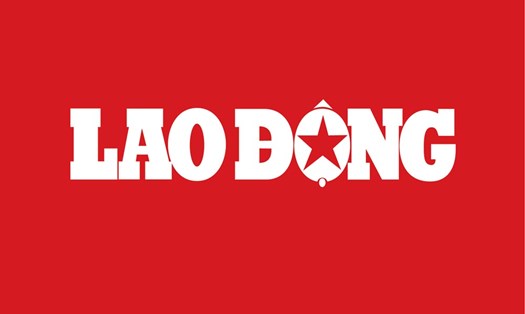Last month, Ukraine imposed sanctions on Lukoil - Russia's largest private oil and gas company, banning Lukoil from transporting Russian oil via the Druzhba or "Friendship" pipeline to Hungary and Slovakia. Hungary receives the majority of its crude oil from Russia, about half of which comes from Lukoil.
Ukraine's move to block Russian oil flows has prompted officials in Slovakia and Hungary to react, stressing that losing Russian oil supplies would threaten domestic energy security. Hungary and Slovakia threaten to take legal action against Ukraine if Lukoil's crude oil flow is not resumed.
According to AP, on July 30, Hungarian Foreign Minister Peter Szijjarto criticized the EU executive committee, saying Brussels had " done nothing" throughout the week since Budapest and Bratislava proposed to intervene in Russia's oil dispute.
Despite the threat to the energy security of the two EU member states, Brussels remains silent, Szijjarto wrote, adding that the committee was too weak to protect the interests of Slovakia and Hungary or itself Brussels, not Kiev, has staged the whole incident.
The European Commission and President Ursula von der Leyen personally must immediately clarify whether Brussels requires Kiev to ban oil supplies or not? And if not, why haven't the European Commission taken any action for more than a week? - Hungarian Foreign Minister Peter Szijjarto emphasized.
In 2022, the EU passed a Iran oil embargo, but made reservations to Hungary, Slovakia and the Czech Republic so that these countries have time to search for other crude oil sources.
Last week, Hungarian Prime Minister Vikor Orban's chief of staff Gergely Gulyas said that blocking Russian oil supplies to Hungary by Lukoil could lead to fuel shortages. However, he stressed that there was "no reason to panic" because Hungary still had oil reserves. However, Hungary will try to resolve the deadlock before September.
In other developments related to Hungary, Reuters reported that the European People's Party (EPP) has raised security concerns regarding the recent decision to ease visa restrictions implemented by Hungary.
EPP Presidentfred Weber has written to the head of the European Council Charles Michel, reflecting that Hungary's new regulations could "create serious loopholes for intelligence activities... posing serious risks to national security".
A European Commission spokesperson said he would contact Hungary about the new regulations and that Budapest was obliged to check whether the regulations were in compliance with the European Union's foreign policy.
The Schengen bloc includes nearly 30 European countries, most of which are EU members. Citizens in this bloc have the right to travel freely without a passport or check at the border. Tourists outside the bloc who apply for a European Union visa are also free to travel to other European Union countries.
In July, Hungary expanded the "national card" immigration program to citizens of many countries, including Russia and Belarus. The cardholders are allowed to work in Hungary without a security clearance and can take their family to Hungary. The card is valid for 2 years and can be extended.











